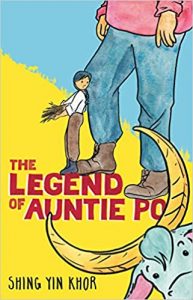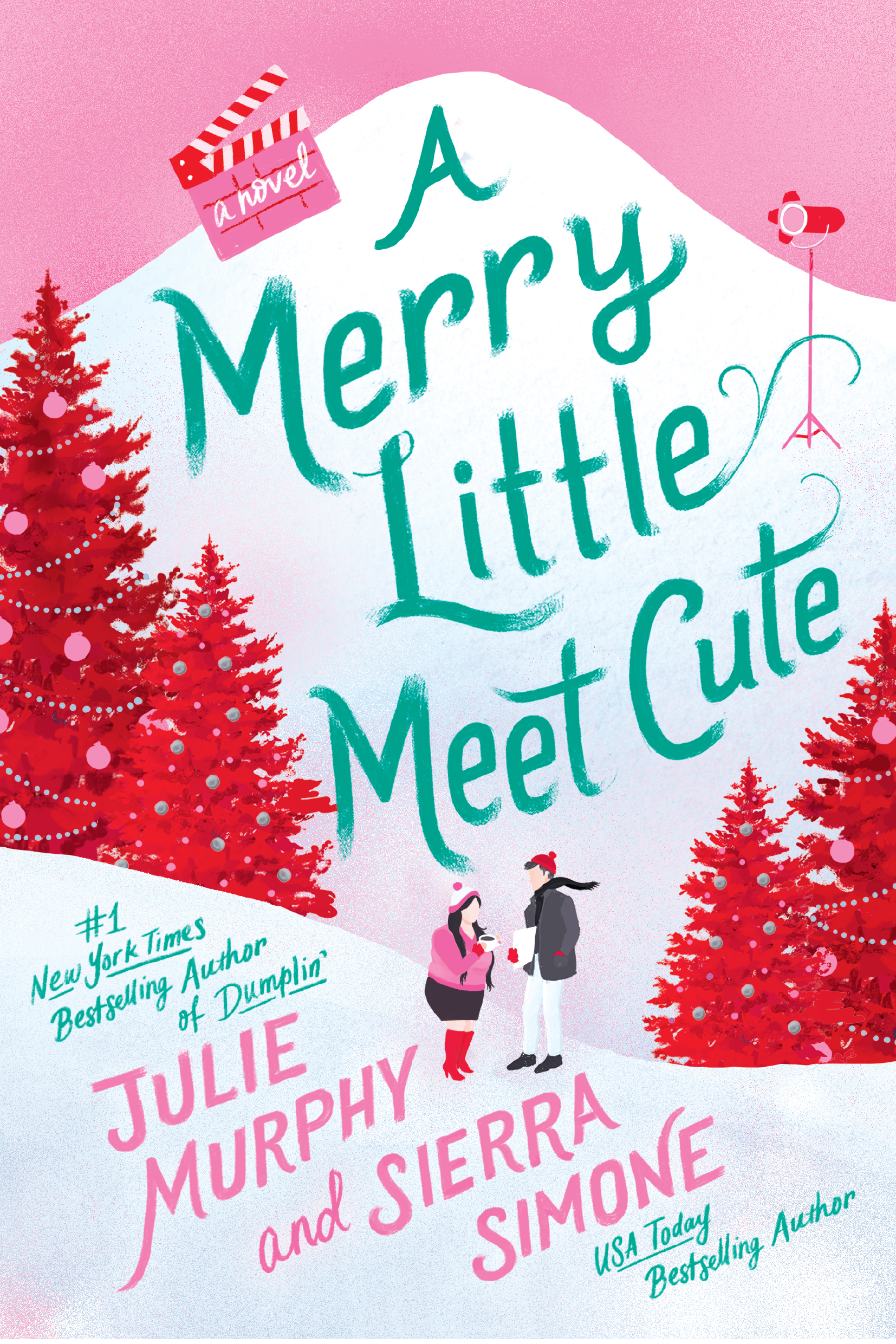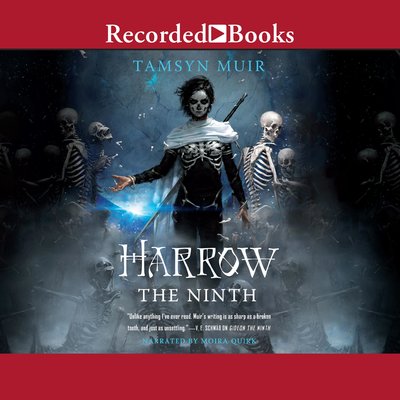Amazon Affiliate Link | Bookshop.org Affiliate Link
This is a quiet, almost slice-of-life graphic novel about a 13-year-old queer Chinese American girl’s life at a logging camp. Mei is the daughter of the camp cook, and she helps out in the kitchen and spends her free time spinning yarns for the other children in camp–especially about Po Pan Yin, or Auntie Po, a Chinese American matriarchal version of Paul Bunyan. She is best friends with (and obviously has a crush on) Bee, the foreman’s daughter.
In the background, though, is the constant hum of anti-Asian racism. The Chinese workers eat separately from other workers. A sawmill that employed Chinese workers is burned down. Mei is keenly aware that she’s losing something: she no longer prays, she doesn’t know her grandparents, and her Cantonese is rusty. She is caught between traditions she feels disconnected with and an American culture that doesn’t accept her.
Auntie Po is the bridge between them: a blending of cultures and a way of adapting tradition to make it relevant. Not only does Mei tell stories about Auntie Po, she also begins to see her–especially when times get hard. Auntie Poe (and her giant water buffalo Pei Pei) become a source of hope and inspiration for her, and it’s left ambiguous whether or not she’s real.
The foreman claims that Mei and her father are like “family” to him, but Mei’s father knows better than to take him at his word, even if their daughters have grown up together. The story explores friendships across racial and financial differences in both these generations (Bee and Mei as well as their fathers’ relationship) and how fraught these can be. Mei’s father soon finds himself choosing between the man he’s called “family” and his own safety and comfort.
I enjoyed the watercolor illustrations with digital lines art style, and there are some stunning spreads. Pei Pei especially is a delight whenever he makes an appearance. This is a quick read, but there are lots of different aspects to dive into: I think this is a book that could act as a great conversation starter with young readers.
As for the queer content, Mei’s crush on Bee is obvious, and they hold hands and dream about a future together, but this isn’t a romance. It’s the kind of adoring friendship (with occasional blow-ups) you’d expect between 13-year-old girls. Not long ago, this kind of relationship in a kids’ book would likely be dismissed as a close friendship, but the author’s note makes it clear that Mei is queer, and I think we’re finally at a point where queer content doesn’t have to be spelled out to be obvious.
This is a thoughtful book about a topic of U.S. American history not often written about in middle grade books, and I highly recommend it.


